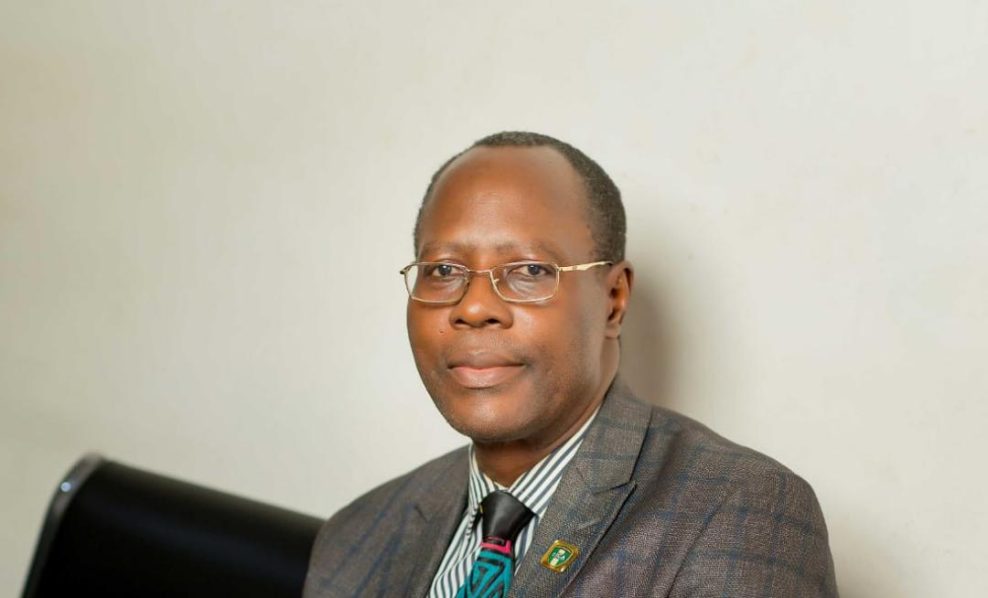
President of the National Institute of Credit Administration (NICA), Andy Ojei, has advocated a sustainable credit ecosystem to serve as the bedrock of Nigeria’s economic transformation.
Speaking at the National Credit Managers Conference and Nigeria Credit Industry Awards with the theme ‘Credit Growth Green Economy,’ Ojei described credit as the lifeblood of modern economies as it powers businesses, finances innovation, and creates opportunities for growth in every sector, which Nigeria must embrace fully.
He said: “The transition to a green economy requires innovative solutions, and credit professionals are uniquely positioned to guide and support businesses in making this shift. Managing credit responsibly, reducing the risk of bad debts and supporting businesses in accessing finance are all key elements of the economic puzzle. But now, we must go a step further by aligning our lending and credit practices with sustainable development goals”.
This will ensure that credit drives not only growth but responsible growth, particularly in sectors that contribute to environmental preservation and sustainability.”
Also, NICA’s Registrar/CEO, fondly referred to as Nigeria’s ‘Mr Credit’, Prof Chris Onalo, noted that with a population exceeding 200 million, more than 70 per cent of which are consumers, the credit system can unlock Nigeria’s full economic potential, flooding the market with goods and services.
“Nigerians are like Americans; they love big things and constantly strive for the best. A credit-driven economy will provide opportunities for everyone to thrive, fostering an environment of industrial growth and innovation,” stressing that government’s focus should be on creating an enabling environment, with the private sector driving job creation.”
Listing steps taken so far to transition Nigeria’s economy to a credit-based economy, Vice President, Kashim Shettima, in a recorded message, said the President Bola Tinubu administration had introduced several initiatives, including the establishment of the Presidential Council on Industrial Revitalisation, chaired by the President and with subcommittees on consumer credit, commodity exchange, heavy industries and steel development, trade facilitation, and the ease of doing business.
“This administration has also launched the Nigerian Consumer Credit Corporation (CrediCorp) to remove structural market and policy barriers and accelerate access to consumer credit for 50 per cent of all working Nigerians by 2030. Additionally, the Consumer Credit Scheme enables citizens to enhance their quality of life by accessing goods and services upfront and paying responsibly over time. Our Student Loan Scheme provides millions of Nigerian students a credit lifeline and hope. In all these schemes, the administration has meticulously selected and appointed credible and capable hands with equity and transparency,” he said, among others.
According to the Governor of Lagos State, Babajide Sanwo-Olu, in his address, Lagos, as Nigeria’s commercial nerve centre and economic powerhouse, stands at the forefront of the transition from a predominantly cash-based economy to one that thrives on credit.
“With our dynamic financial landscape, Lagos is uniquely positioned to lead in the development of a multidimensional credit-cultured economy. Lagos State Government is committed to creating a robust environment for credit expansion, ensuring that businesses and individuals alike can access the financial resources needed to thrive.”






